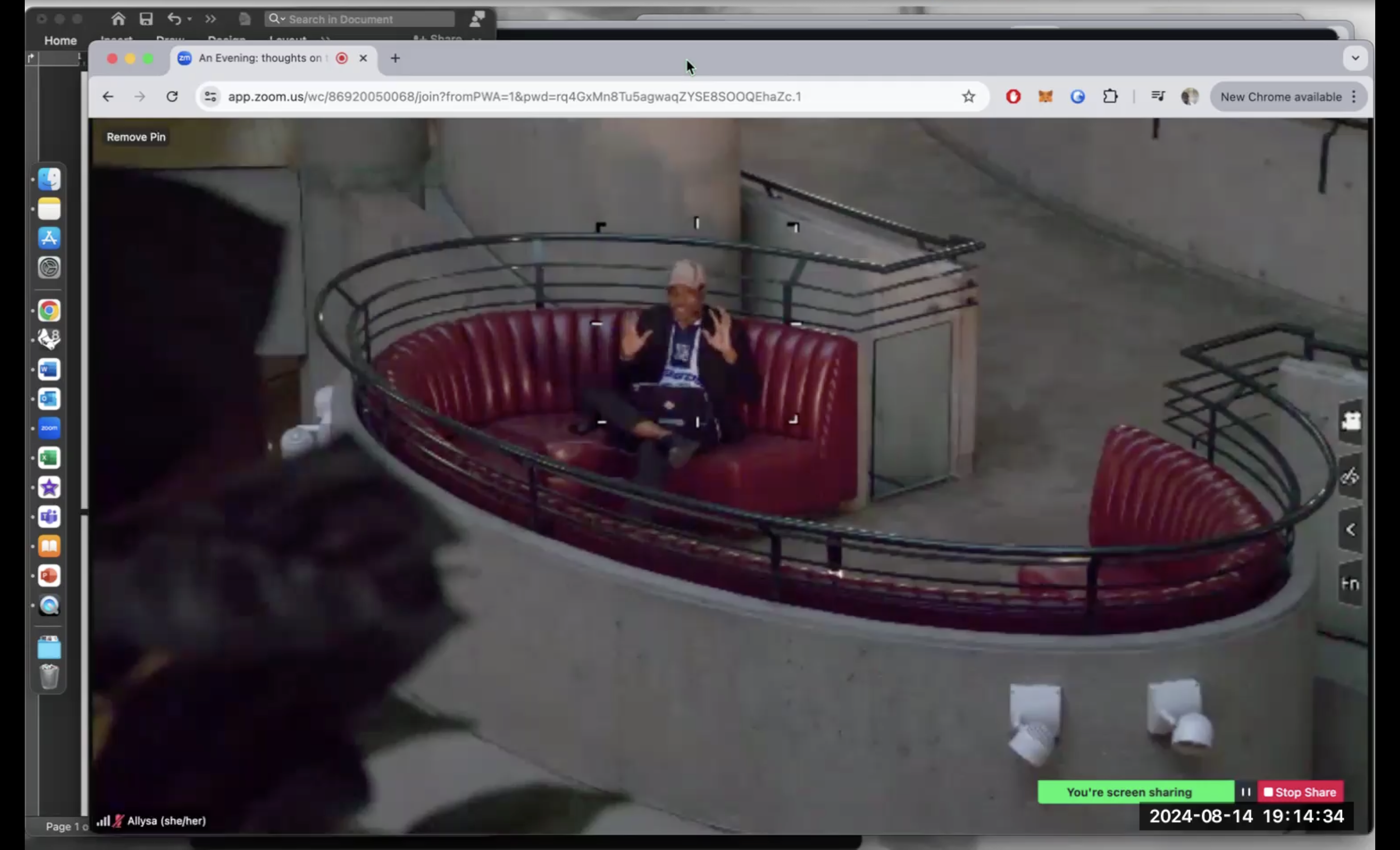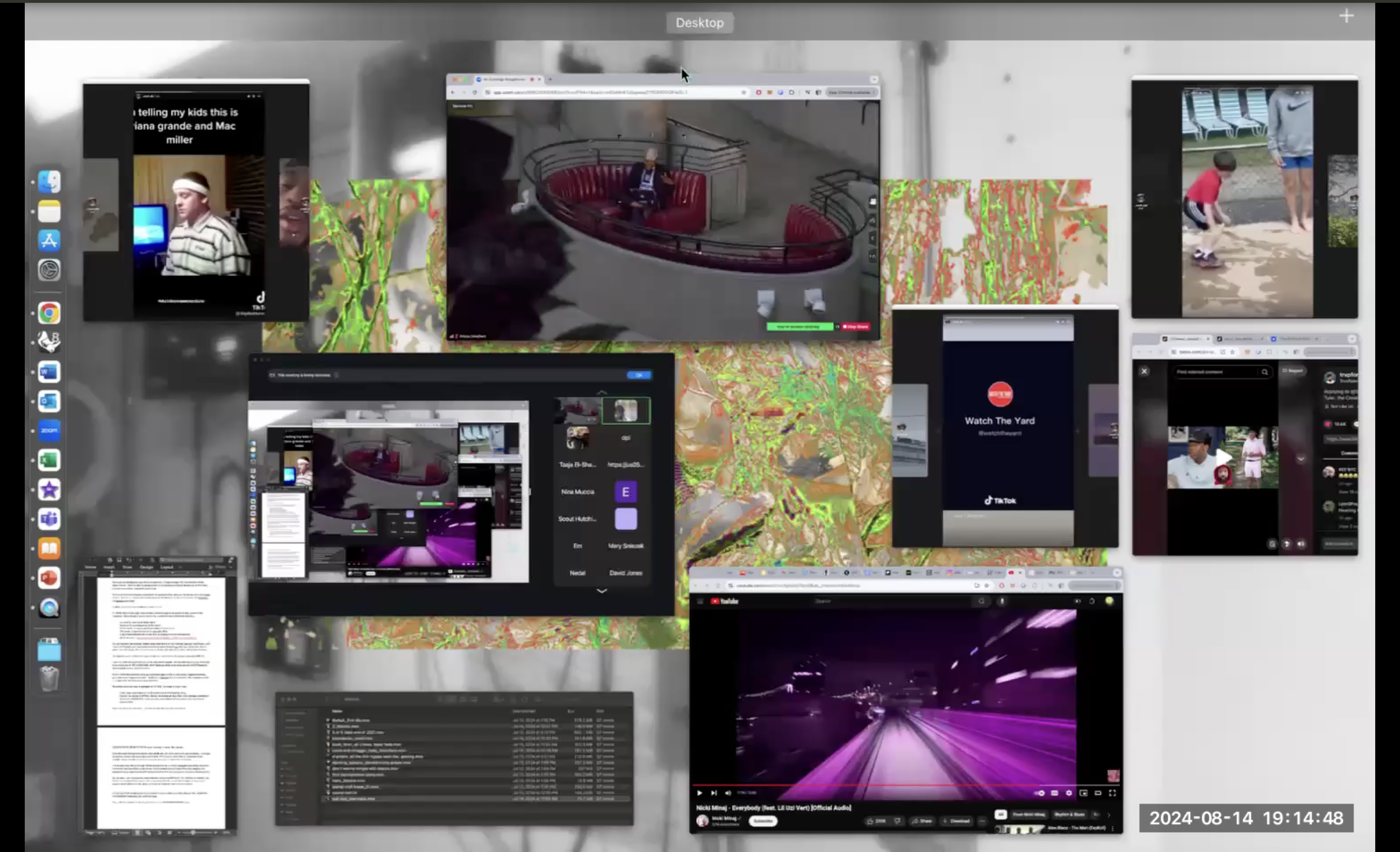In 2021 chet hanx coins the term #whiteboysummer. This term, idea, concept and all of its subsequent content was created as a direct response to the two previous non-white, non-male, summers in American pop culture. In 2019 Meg the Stallion coined the term #hotgirlsummer, it was incredibly popular. The summer of 2020 saw headlines populated by #geoegefloyd and #blacklivesmatter activism, protests, and digital content across the globe.
In response to this outpouring of celebration, compassion and sympathy for real marginalized groups we get #whiteboysummer. An amorphous rallying cry for the 'spicy white boy' the confused hip-hop lover with (very?) conservative parents. The #whiteboysummerarchive subject certainly has an affinity for black culture - but it stops in an odd place, think post malone and jack harlow etc.
After a few years of collecting the material on automatic mode, I was having a conversation with an anonymous white person. In the conversation we went back and forth about the #whiteboysummer subjects for a while, before I arrived at the start of a still unfinished thought. The issue with the lopsided relationship white people have to blackness is this, it is focused on commodities. For many non-black people blackness is an object (sneakers, basketball jerseys, chains, cars, weapons, headwear, housing, furniture, etc.), or intellectual property (slang, syntax (AAVE), dancing, walking, cooking, hip gyrations, flicking of the wrist, etc.) of sorts to be collected, displayed, and coveted in place of a deeper relationship with blackness.
Why do white(non-black) people think they have a right to blackness as property? When will our value move past objects, slang, mannerisms, and dancing into the realm of humanity? Who will be responsible for this shift, and who will be challenged by the notion that the needle has barely moved for black people in some very essential ways.
David Lisbon (b.1994 Kansas City, Missouri) is New York based independent curator, architect, and designer. He hopes to use all of these skills to help creatively tell the stories that might otherwise be overlooked or pigeon-holed by contemporary, medium specific institutions. Currently, he is a curatorial assistant building digital/contemporary exhibitions at the Whitney Museum of American Art. This is his second show with Quarters Gallery, following tmto zsn: or a story about the dangers of industrial thought in 2022.



